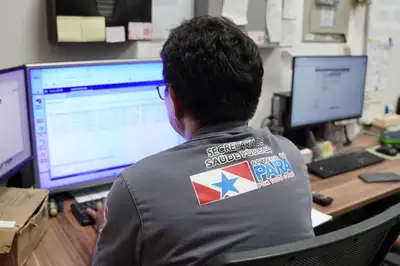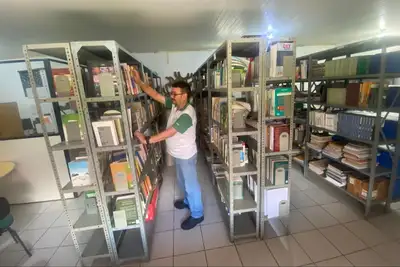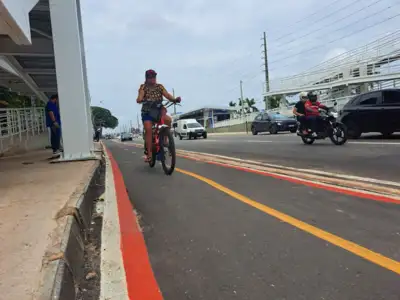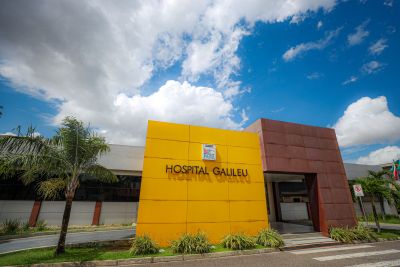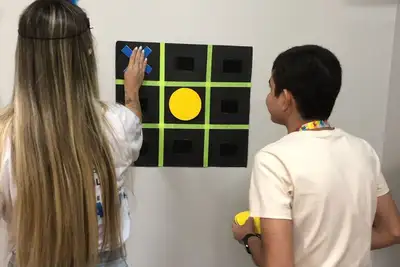In Salvaterra, PM presents Rural Patrol Program at family agriculture fair
The Regional Police Command XI (CPR XI) presented the project to further strengthen the relationship with the local community
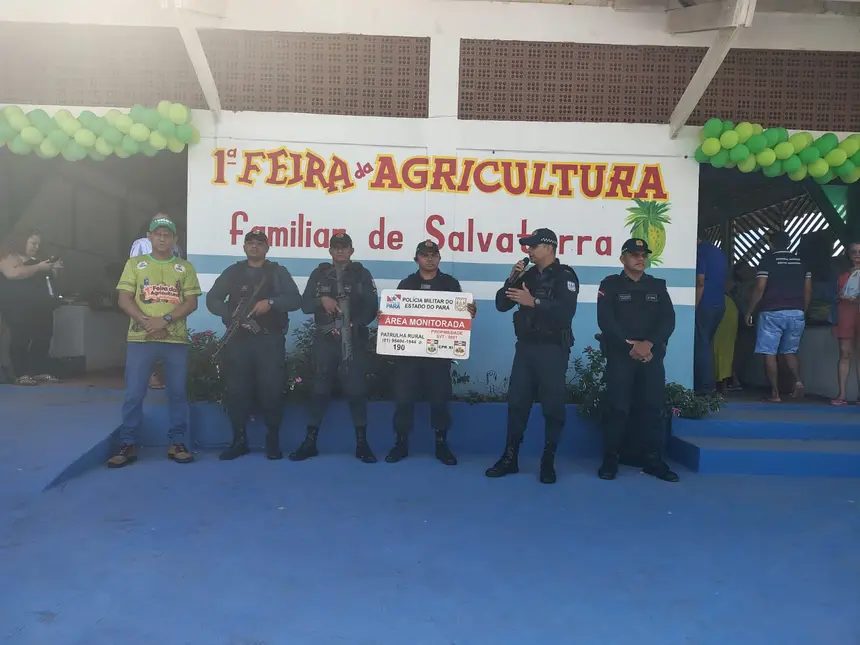
The Regional Police Command XI (CPR XI), in Soure, Marajó, presented, this Saturday (12), to the audience of the 1st Family Agriculture Fair of Salvaterra, in Marajó, the operation and objectives of the Rural Patrol Program, its area of action, and the benefits of integration between rural producers and the Military Police.
The presentation took place during the 1st Family Agriculture Fair of Salvaterra, organized by the municipal government, with the presence of farmers, fishermen, and artisans, who sold their products directly to consumers.
CPR XI also took the opportunity to promote pre-registration channels, allowing producers to express interest in participating in the Rural Patrol program and contribute with important information for the planning and execution of rural policing.
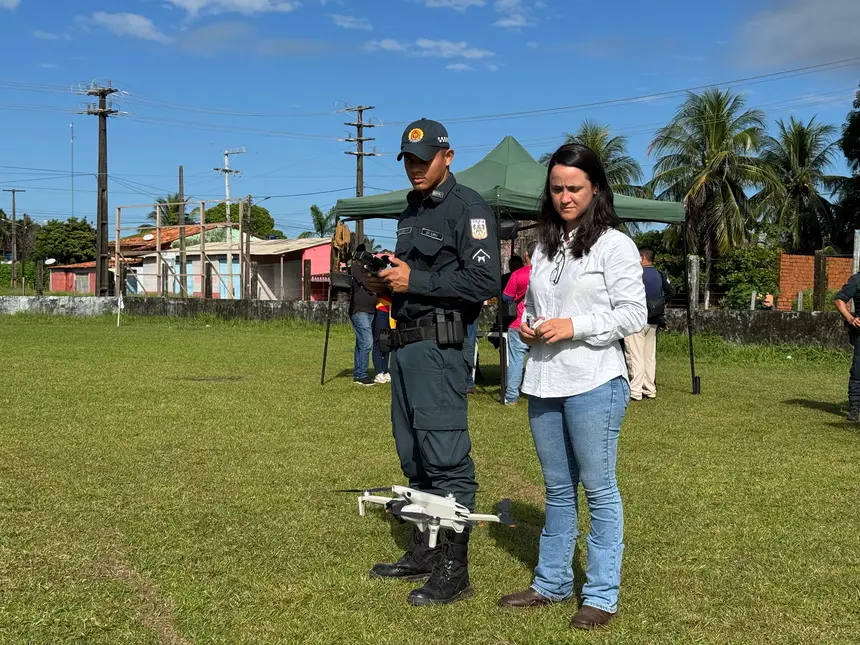
The Rural Patrol Program was established in the PM in 2022 with the aim of training military police officers to operate according to the specificities of Pará, which has extensive rural areas that require a quicker response to the demands of local residents. The project utilizes new technologies to facilitate patrolling on rural roads and, consequently, improve the service provided.
The program was implemented in the Marajó region in early 2025 as an initiative of the CPR XI command, with the main objective of promoting safety, quality of life, and well-being for the rural communities of the Marajó fields.
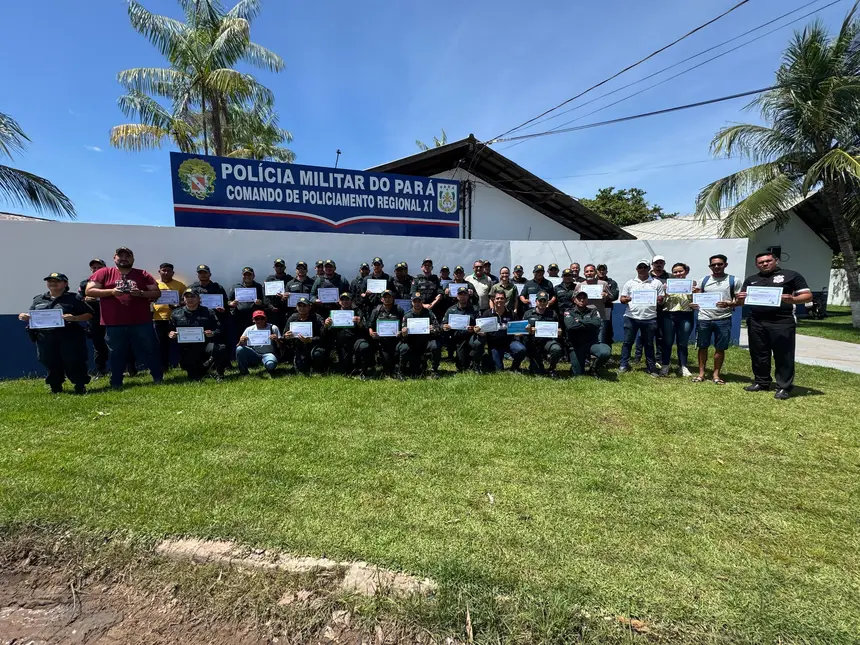
Training
One of the main tools used by the Rural Patrol is the use of a georeferenced registry of rural properties, allowing for more efficient planning, as it becomes possible to understand the specificities of each region, enabling personalized preventive actions and quicker responses to demands, considering that all properties will be registered and identified through GPS coordinates, which facilitate their location, and thus, will be monitored through technical preventive visits.
To train agents to operate safely and specialized in georeferencing actions, CPR XI conducted, from July 7 to 10, the Drone Piloting and Aerial Mapping Training, organized in partnership with Faepa/Senar, which trained 30 military police officers from the unit, who work on the Rural Patrol project in Marajó, to operate drones safely and efficiently, using aerial mapping techniques and geospatial data collection, rural monitoring, and crime prevention.
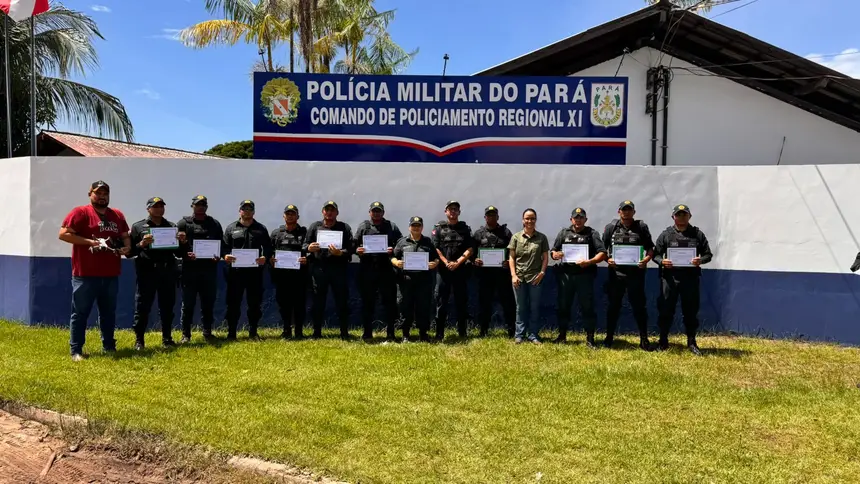
The military personnel participated in theoretical and practical instructions on topics related to legislation applied to the use of drones in public safety, Fundamentals of RPA (Remotely Piloted Aircraft), internal structure and operation of drones, flight safety, analyses and procedures; Applicability in police operations, Police techniques with aerial support, Operational checklist, Takeoff, landing and maneuvers, Simulation of failures and malfunctions, Types of flight and media capture, Mapping with specialized software, Property monitoring, among others.
The information acquired also enables rural producers to receive guidance on security measures and proactive actions to avoid becoming victims of crimes. Another action is carried out through direct communication with the Rural Battalion, which will receive information through a service and monitoring center. The Rural Unit's actions will also extend to carrying out qualified repression actions in cases of robbery and theft on the roads connecting rural properties.
“The project implemented in Marajó is an extension of the rural patrolling that has already been carried out by the Rural Battalions of the municipalities of Marabá and Castanhal. The general commander of the PM, Colonel Dilson Júnior, challenged us to extend the action to Marajó, which has an extensive rural area and faces problems with the theft of buffalo and cattle. We started with georeferencing to map and have greater control over rural areas. Today we presented the program to rural producers in the region, and in addition, during the week we conducted drone training that will help with the use of this technology. The use of this equipment is essential for mapping the area and thus directing policing, reducing response time, and having greater control over the rural area of the Eastern Marajó region,” concluded the commander of CPR XI, Colonel Guimarães.



